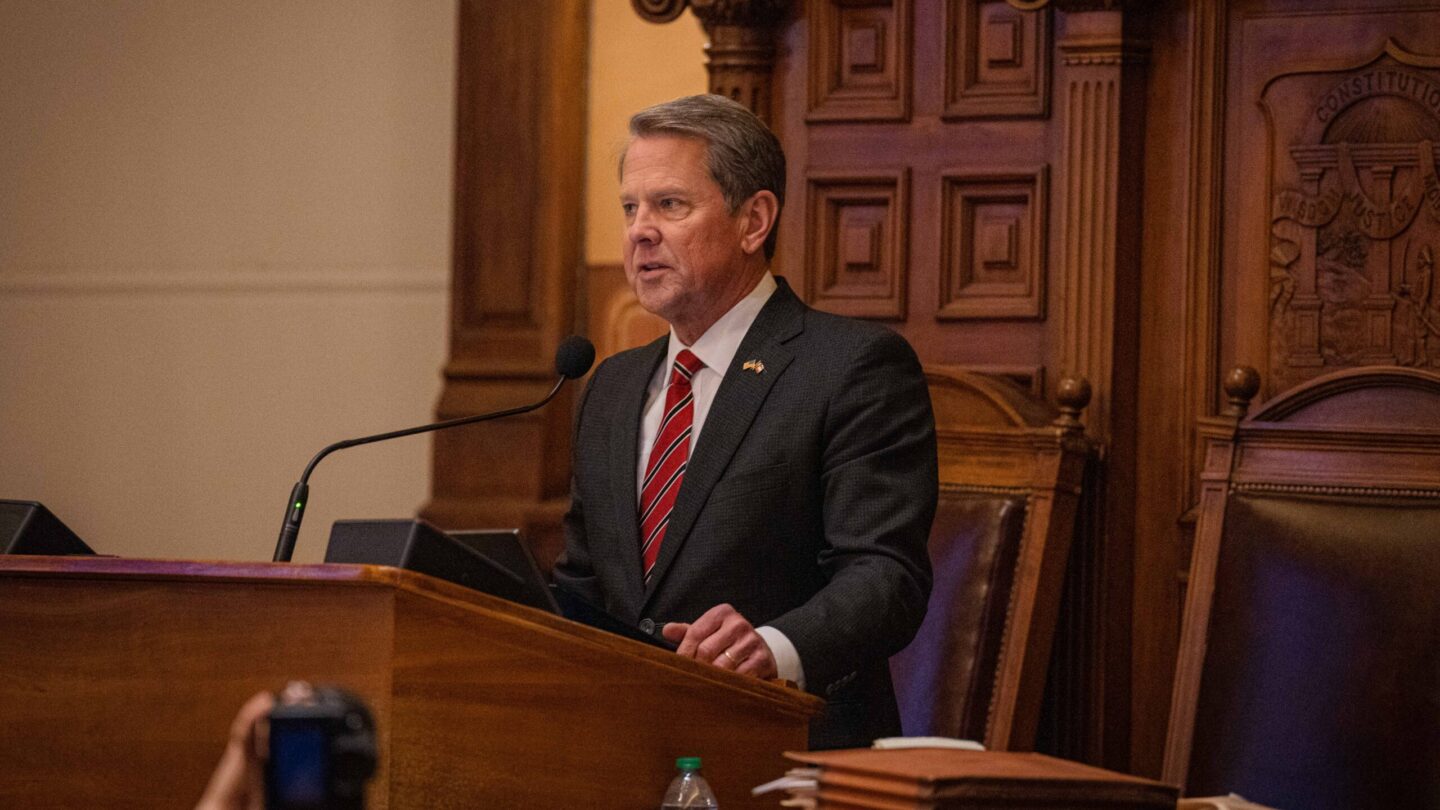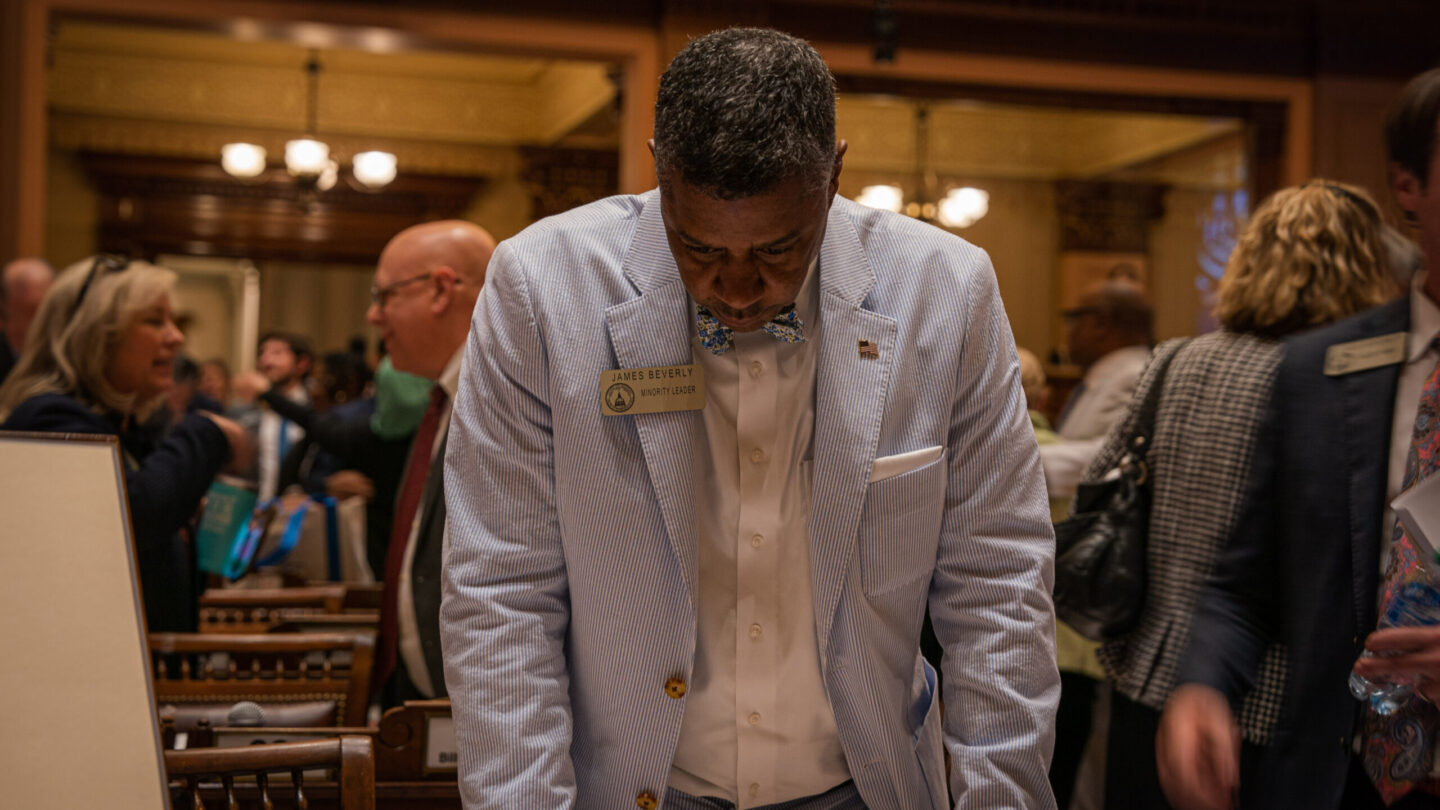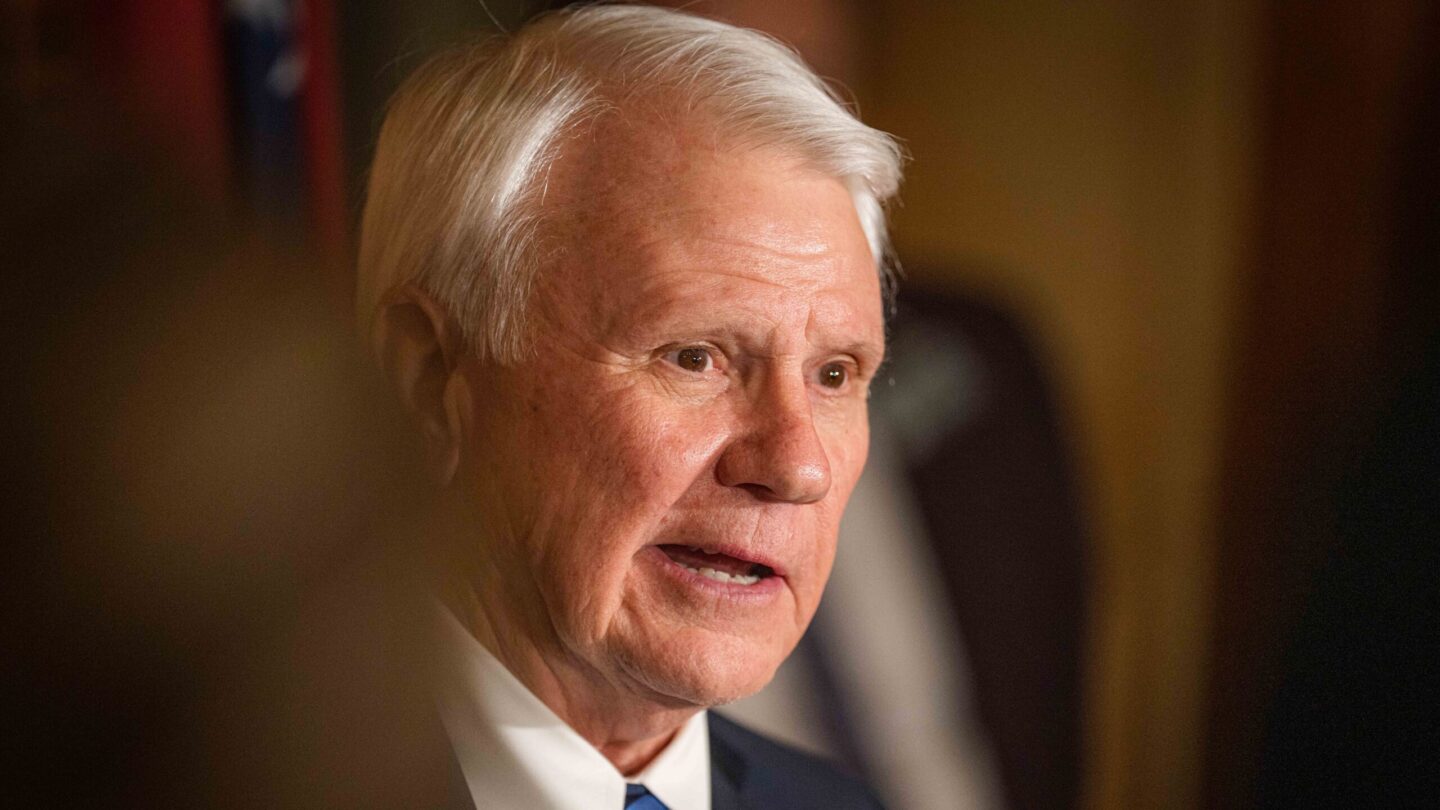5 things we learned during Georgia's 2023 legislative session

Another legislative session has come and gone. And the final day, known as Sine Die, proved unpredictable, at times sluggish and maybe best characterized by what did not pass than what did.
Here are five things we learned during the 2023 legislative session.
- The House and Senate have conflicts they still need to work out — and bipartisan legislation got caught in the middle.
Last session, Republicans and Democrats heralded sweeping legislation to reform mental health care in Georgia. Since the death of beloved House Speaker David Ralston, who was a driving force behind the effort, lawmakers touted passing more reforms as a fitting way to honor his legacy.
But the effort, supported by Gov. Brian Kemp, Democrats and House Speaker Jon Burns, hit a wall in the Senate. Only a small section of the bill dealing with data sharing between state agencies will make it to the governor’s desk, tucked inside another bill.
“I’m learning from what I’ve experienced the last few days,” Burns told reporters after lawmakers tossed their papers in the air and left the chamber for the year. “I’m disappointed that the value that we saw in the mental health legislation was not shared in the Senate.”
Democratic state Rep. Mary Margaret Oliver, who helped write the legislation, told fellow lawmakers she “must express real disappointment that we are not moving forward with real mental health reform in the way the House wished in 2023.”
Lt. Gov. Burt Jones, president of the Senate, told reporters that the bill cost too much.
“It was a gap that was too far to close for this year,” he said.
But some lawmakers believe the mental health legislation got tied up in a dispute between the House and Senate over a bill that would pave the way for the construction of new hospitals, pushed by Jones.
Tensions between the two chambers also spilled over in budget negotiations, as the Senate sliced appropriations from the 2024 budget passed by the House.
In a late-night address to the Senate, Kemp expressed disappointment with some “holes” in the final budget, which ultimately passed with bipartisan support.
“You can never take politics out of politics,” Burns said, referring to the difficult budget negotiations.

- Kemp said this session would be one of “consequence.” The result is debatable.
In his State of the State address in January, Kemp told lawmakers to prepare for a session that would leave a mark.
“This session, we will not only build on the monumental achievements of the past four years, we will set Georgia on a path of greatness for generations to come,” he said.
Kemp largely leaned on the budget and a multi-billion dollar surplus to do this. It included paying back the state’s transportation funds following a 10-month suspension of the state fuel tax, a second round of state income tax rebates and one-time property tax relief.
The legislature also approved raises for teachers and state employees, as well as appropriated money to further Kemp’s push for Georgia to be the electric mobility capital of the country.
But when it comes to legislation, some of the most ambitious plans faltered. At the start of the session, politician after politician pledged this would be a big session for housing policy. But besides some funding for a Rural Workforce Housing program, every other major housing bill failed or didn’t even make it to a floor vote — including HB 404, a bipartisan bill to adopt basic protections for renters.
Mental health legislation floundered. So did efforts to legalize online sports betting and approve $6,500 annual vouchers for private school tuition.
This session may have been consequential, but whether it was transformational is certainly up for debate.

- When the GOP isn’t unified, Democrats can exert some power.
Speaking of vouchers, Democrats made the most of Republicans’ narrow House majority, defeating a controversial push supported by Kemp to fund private school vouchers for children in Georgia’s lowest-performing public schools.
More than a dozen mostly rural Republicans joined Democrats to defeat the measure, which resulted in gasps and cheers in the House so loud they were heard all the way across the building in the Senate chamber.
Burns told reporters he would have voted for the bill had he been allowed to vote and that he didn’t know the outcome going into the vote. He said he was glad his members had a chance to see where the body stood.
“That was a tough vote,” Burns said. “That was a tough vote for me and my members, balancing the needs in our education system. I’m sure you’ll see that issue come again in some form.”
But at the end of the day, House Minority Leader James Beverly acknowledged that Democrats being able to exert real authority in the legislature depends on upcoming elections cutting away at Republicans’ majorities.
“You could put together a coalition next year that puts us at 87, 88 folk and all of a sudden the government becomes a very interesting place to live, work and play,” Beverly told reporters.

- Considering what passed and what didn’t, Georgia’s Republican trifecta made its priorities clear.
Well before Sine Die, Kemp signed into law a bill that cleared both chambers with only Republican votes — a ban on most gender-affirming health care for transgender children.
Now, some “culture war” proposals like a religious liberty bill and restrictions on teachers and school staff talking about sexuality and gender identity with students did not make it across the finish line.
But it’s notable that in a session where several bills with bipartisan support, like mental health reform and tenant protections, failed to get done, a bill that drew some of the most intense debate of the session focused on trans kids cleared both houses with plenty of time to spare.
Republicans also zeroed in on efforts to crack down on crime, increasing mandatory minimum sentences for some offenses and increasing state oversight of local district attorneys. And they spoke mostly loudly about their priorities through the state budget.
Some bipartisan bills like truck weights and new regulations for charging electric vehicles, as well as a litany of other smaller bills, will make it to the governor’s desk.
But when it comes to some of the most closely-watched bills of the session, some bipartisan efforts seemed fell off the list while some of the majority’s most divisive priorities sailed through.

- The legislature left a laundry list of unfinished business, teeing up a busy 2024 session.
Unlike last year, bills that didn’t receive a final vote don’t die. Sessions technically last two years, and so bills that are still outstanding will have another shot next year without having to start from scratch.
Efforts that didn’t get a final vote include bills to ban car booting, codify a definition of antisemitism, expand cash bail requirements for non-violent offenses, restrict local zoning ordinances that some say restrict affordable housing and create a review board to compensate the wrongfully convicted.
Mental health reform and gambling expansion remain to be worked out. And lawmakers this year pledged not to revisit abortion policy until the State Supreme Court rules on Georgia’s current law. A decision is expected soon.
And complicating all of this? Unlike this year, 2024 is an election year.
Rahul Bali contributed to this report.








